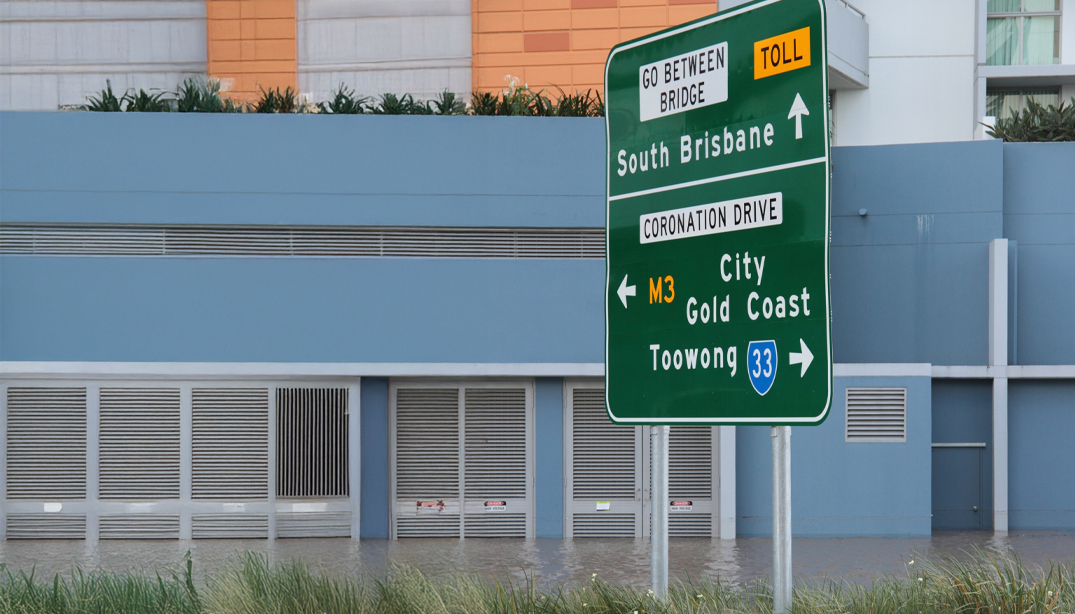Rising fuel prices are putting pressure on businesses across Australia, and fleets are feeling the pinch more than most. With global oil market volatility and geopolitical factors driving costs upward, fleet managers must find ways to adapt and protect their bottom line. In this article, we’ll explore the current fuel price landscape, strategies to mitigate costs, and how Australian fleets can prepare for a more sustainable future.
The current fuel price landscape
Fuel prices in Australia have been on a rollercoaster ride, influenced by global oil supply disruptions, geopolitical tensions, and fluctuating demand. For example, the conflict in Ukraine and OPEC production cuts have contributed to significant price spikes in recent years. These increases have a direct impact on fleets, particularly those relying on traditional internal combustion engine vehicles.
Strategies to mitigate fuel costs
- Transition to fuel-efficient or alternative energy vehicles: Hybrids and electric vehicles (EVs) offer a way to reduce or eliminate fuel costs altogether. While the upfront investment may be higher, the long-term savings can be substantial.
- Optimise routes and reduce Idle time: Telematics and fleet management software can help businesses optimise routes, reduce unnecessary mileage, and minimise idle time—all of which contribute to lower fuel consumption.
- Promote fuel-efficient driving habits: Driver training programs can encourage behaviours like smooth acceleration, reduced speeding, and proper vehicle maintenance, all of which improve fuel efficiency.
The role of government incentives
The Australian government and state authorities offer a range of incentives to support the adoption of cleaner vehicles. For example, the NSW Electric Vehicle Strategy provides rebates and stamp duty exemptions for EV purchases, while Victoria’s Zero Emissions Vehicle Road User Charge exemption reduces costs for eligible fleets. These incentives can help offset the initial costs of transitioning to hybrids or EVs.
Long-term planning for fleets
To future-proof their operations, fleet managers should consider fuel efficiency as a key factor in vehicle procurement. This includes evaluating the total cost of ownership, not just the upfront price. Diversifying energy sources—such as incorporating EVs, hybrids, and even hydrogen-powered vehicles—can also reduce reliance on fossil fuels and insulate fleets from future price shocks.
Rising fuel prices are a challenge, but they also present an opportunity for Australian fleets to innovate and adapt. By embracing fuel-efficient technologies, optimising operations, and taking advantage of government incentives, fleet managers can not only reduce costs but also contribute to a more sustainable future. The time to act is now—proactive measures today will ensure long-term success tomorrow.






